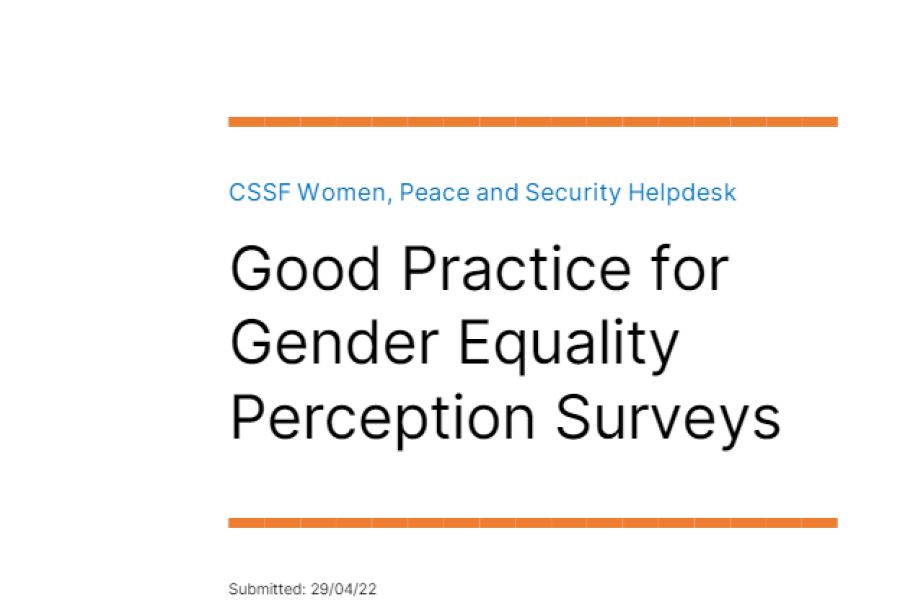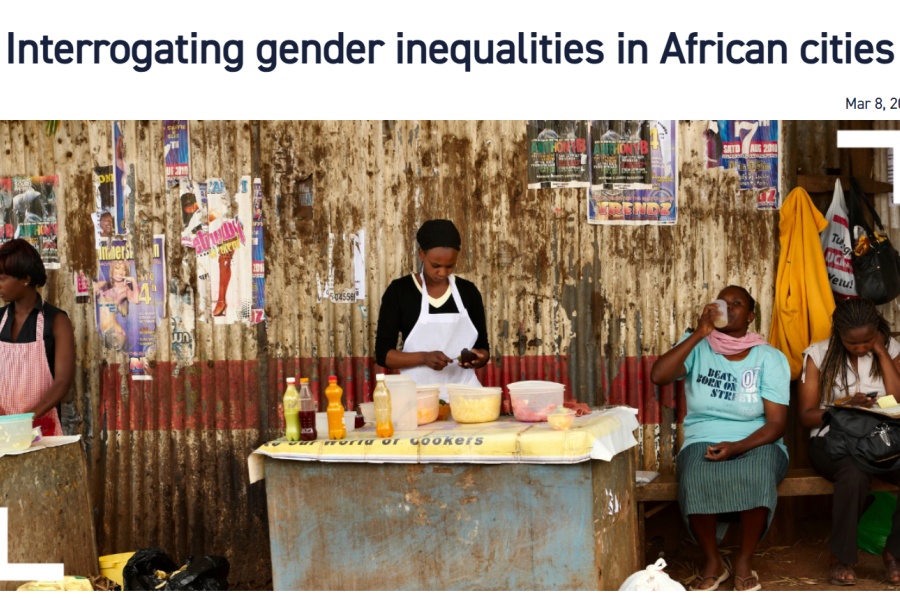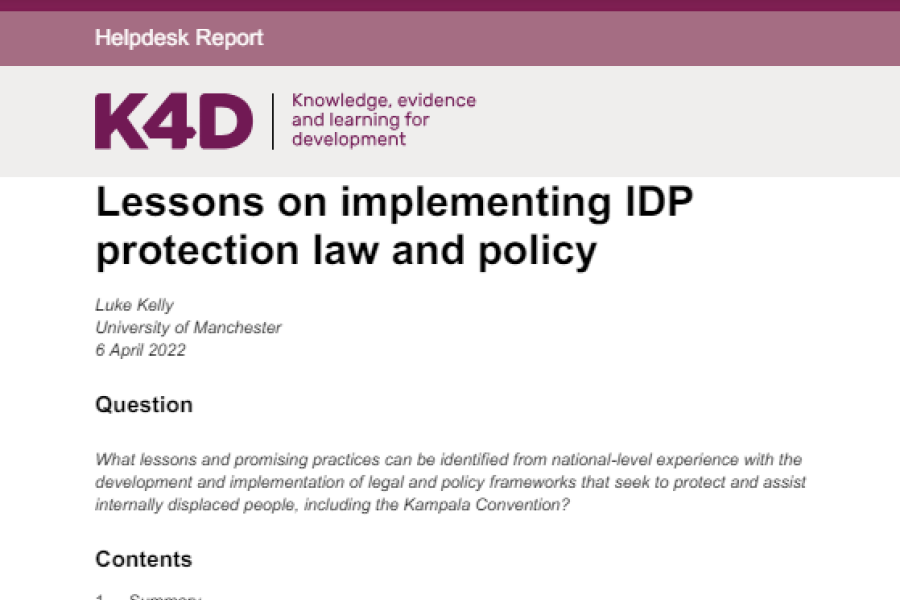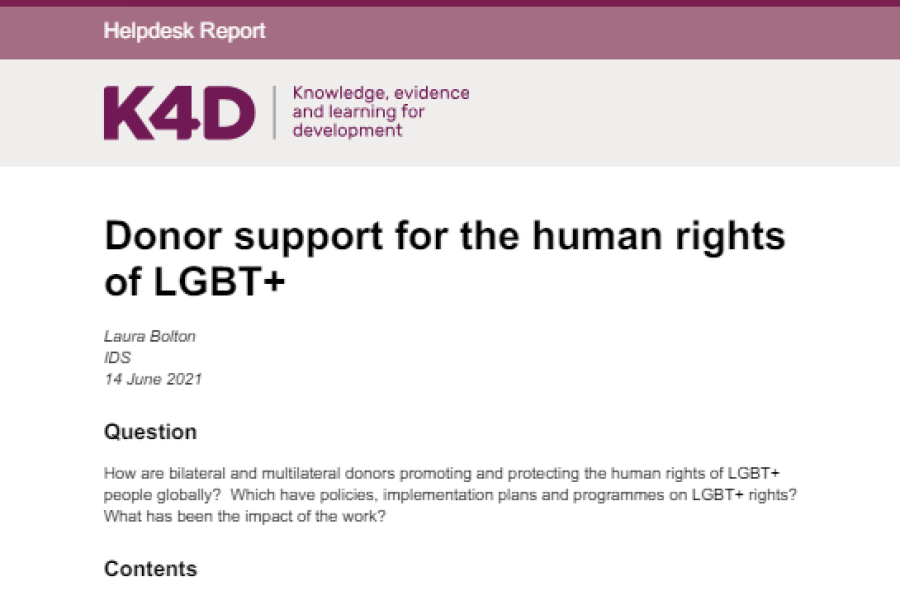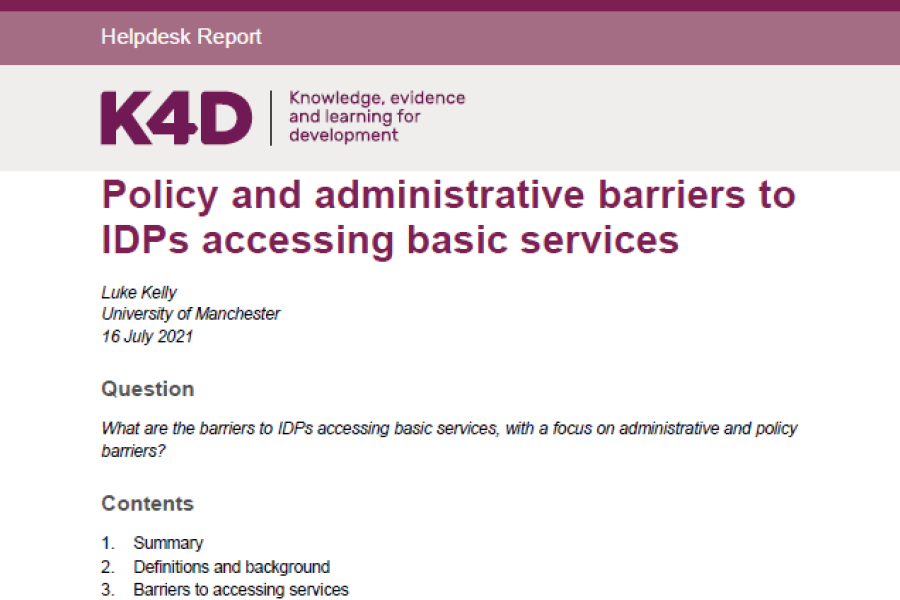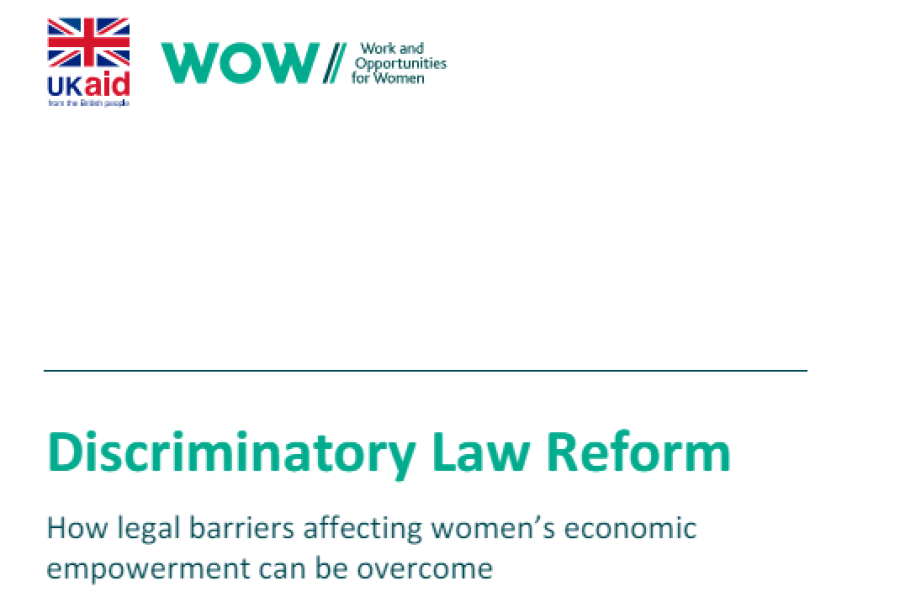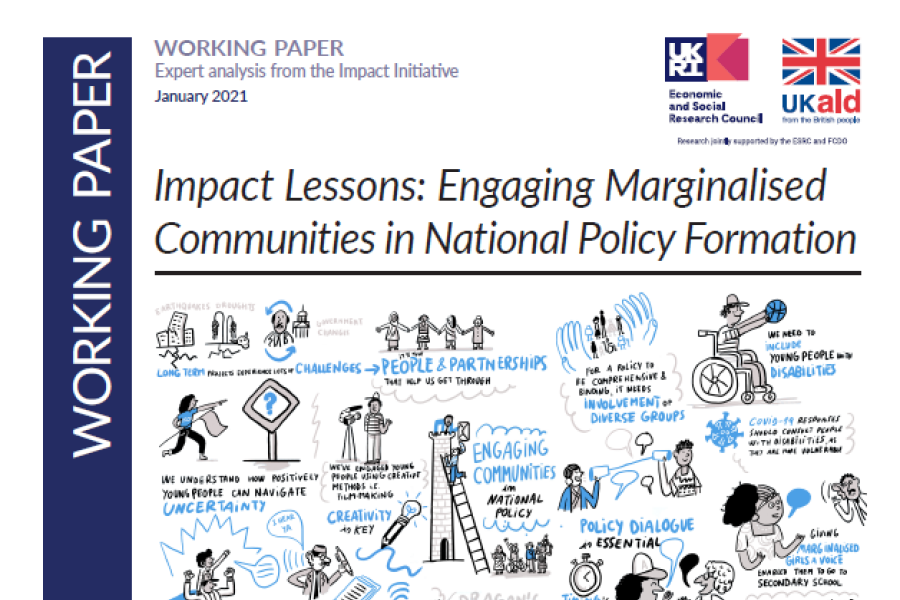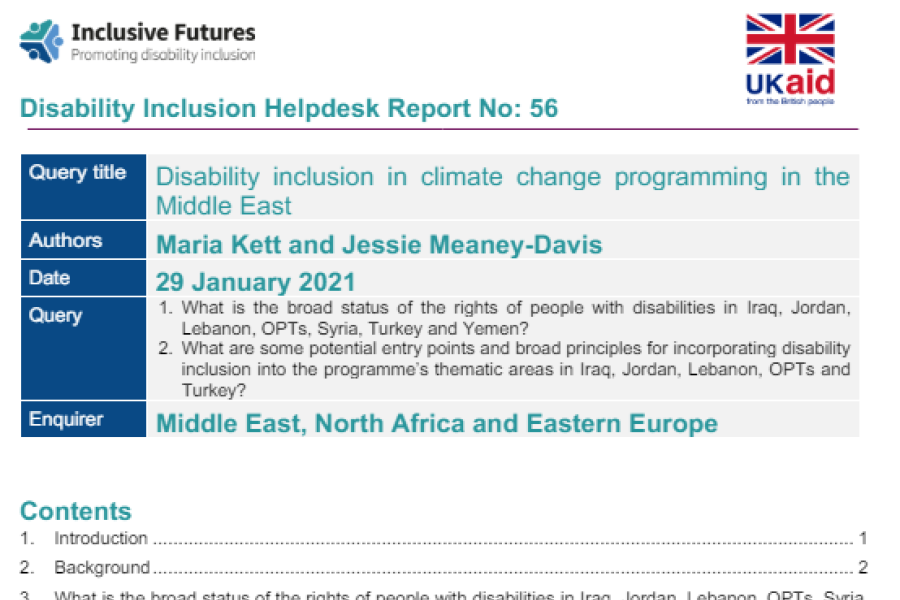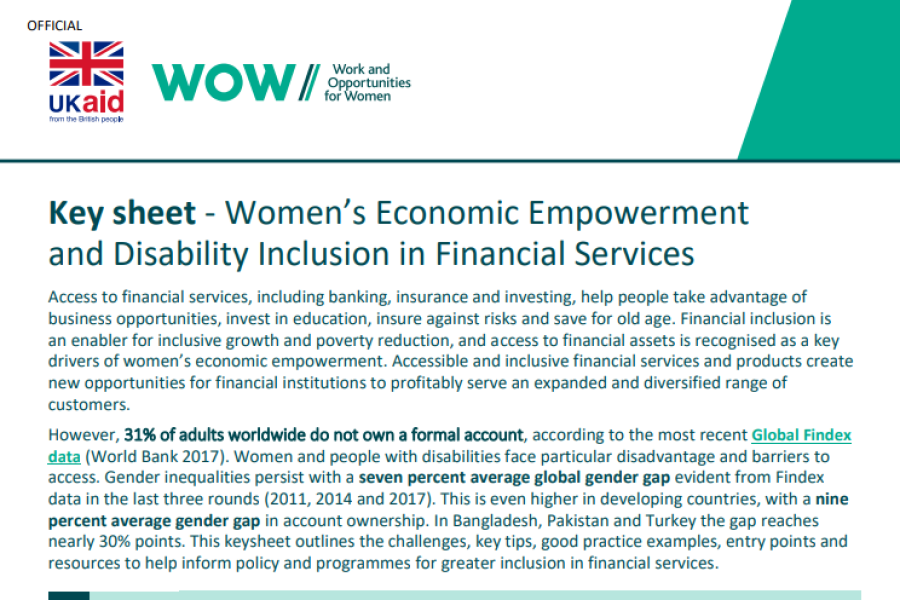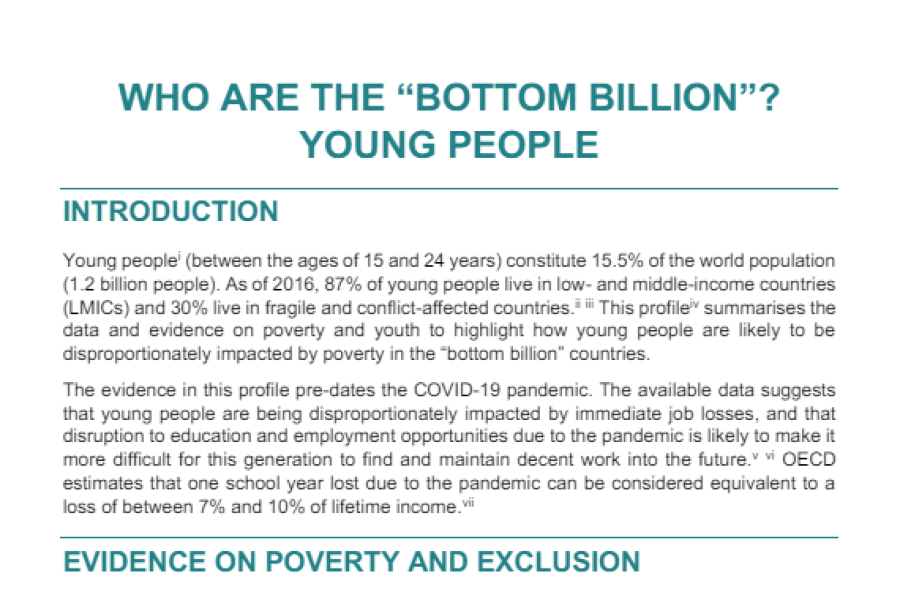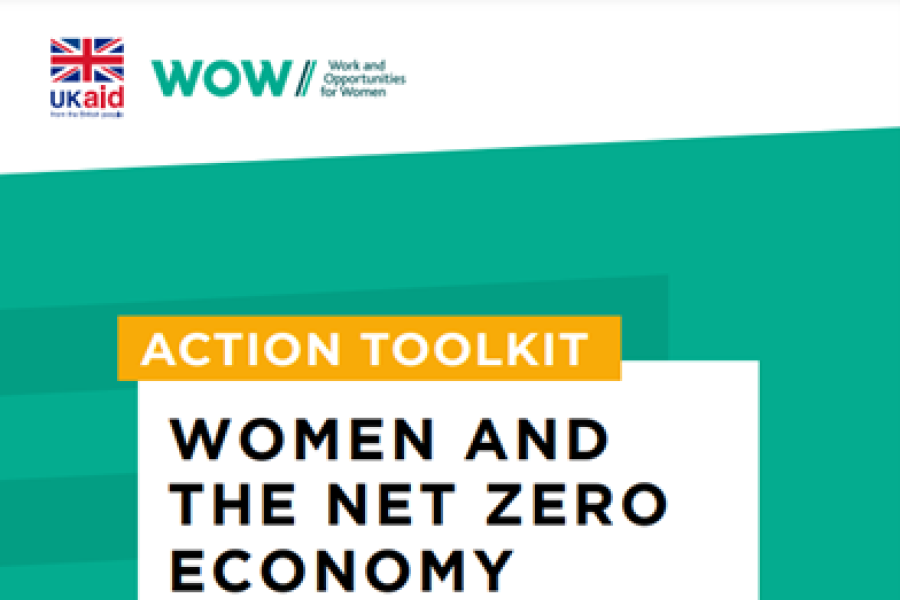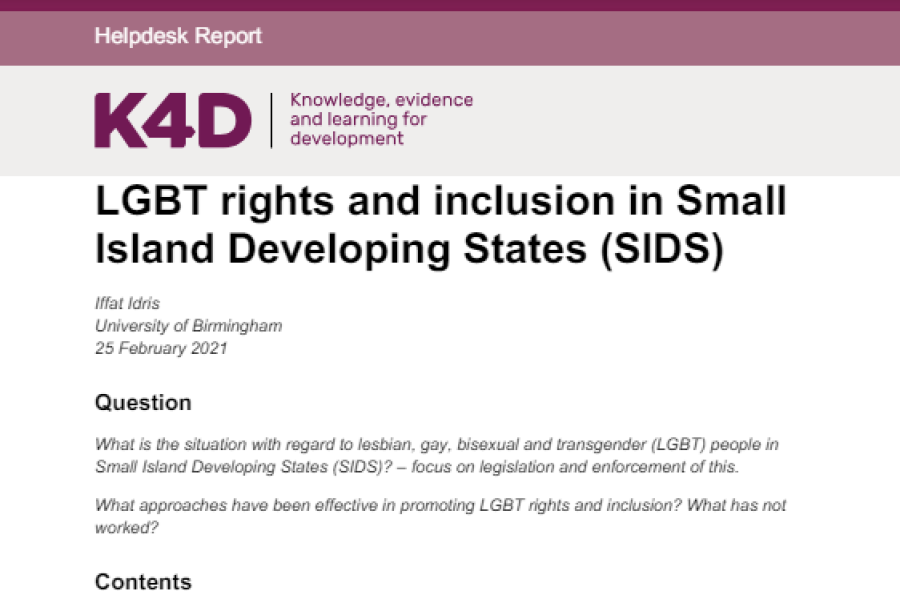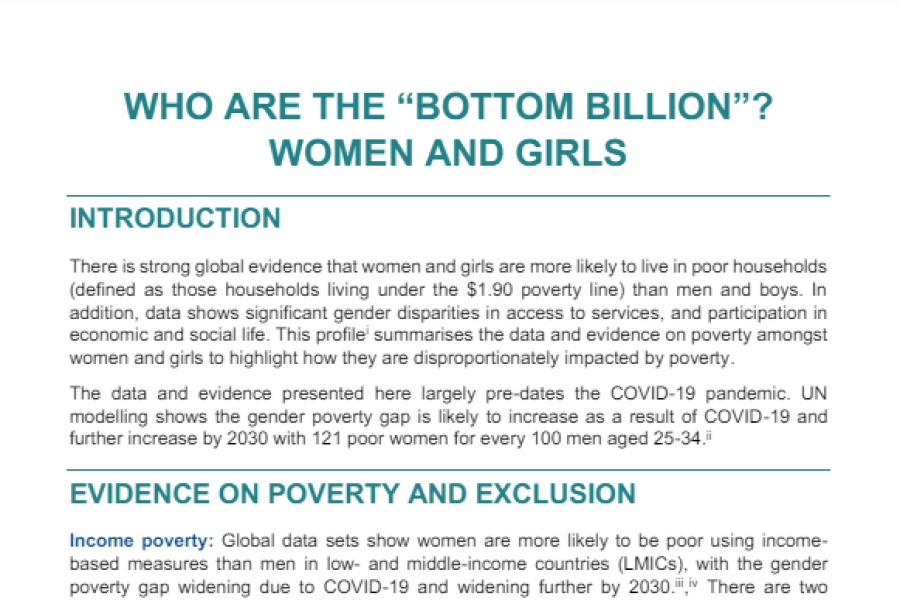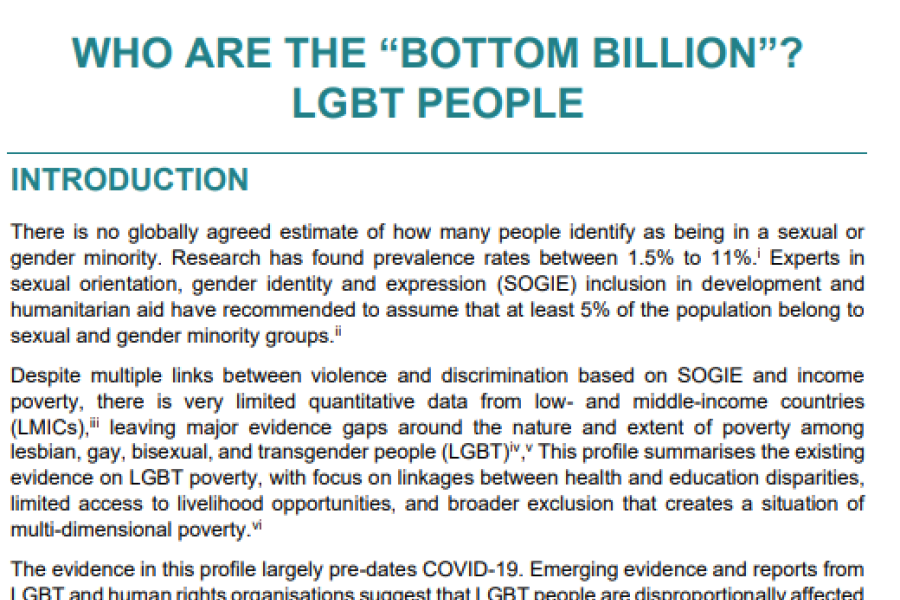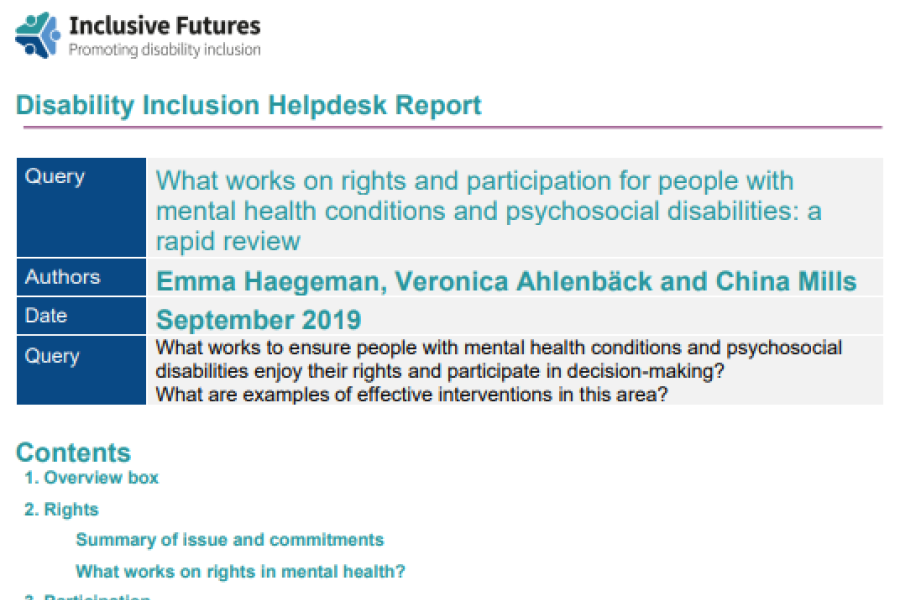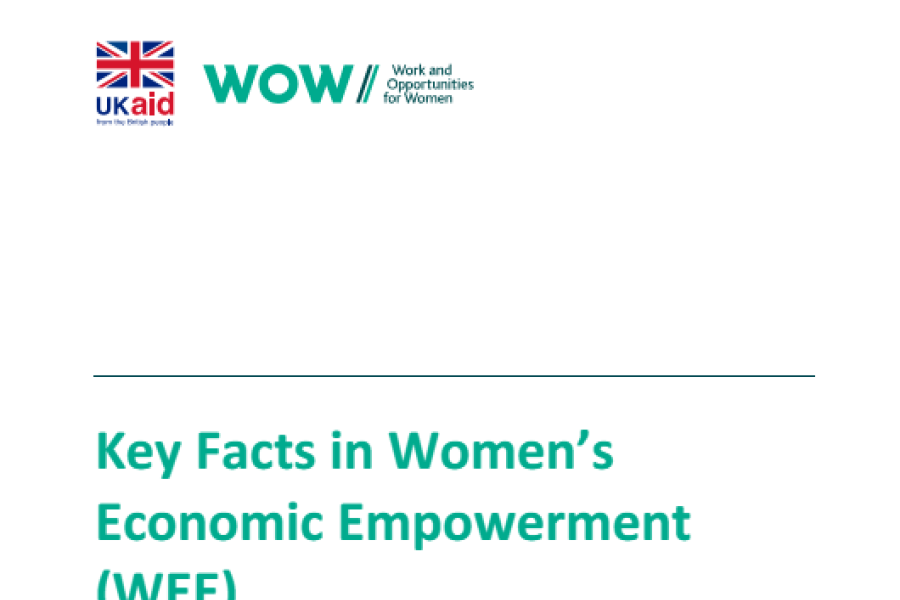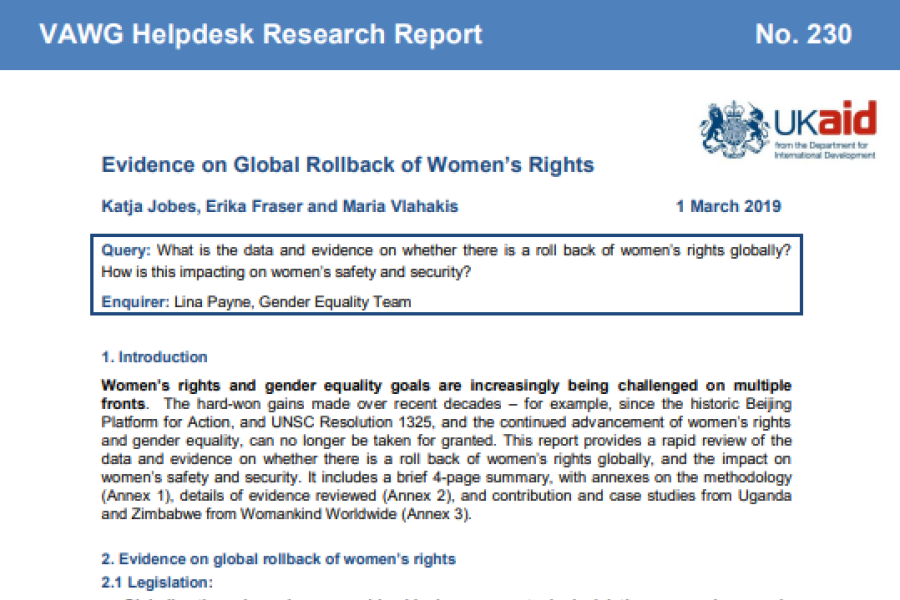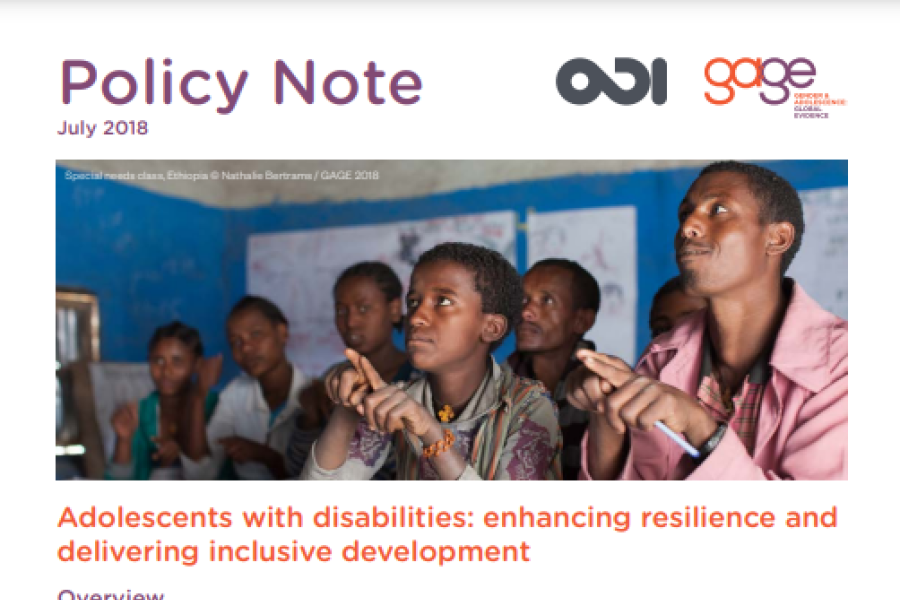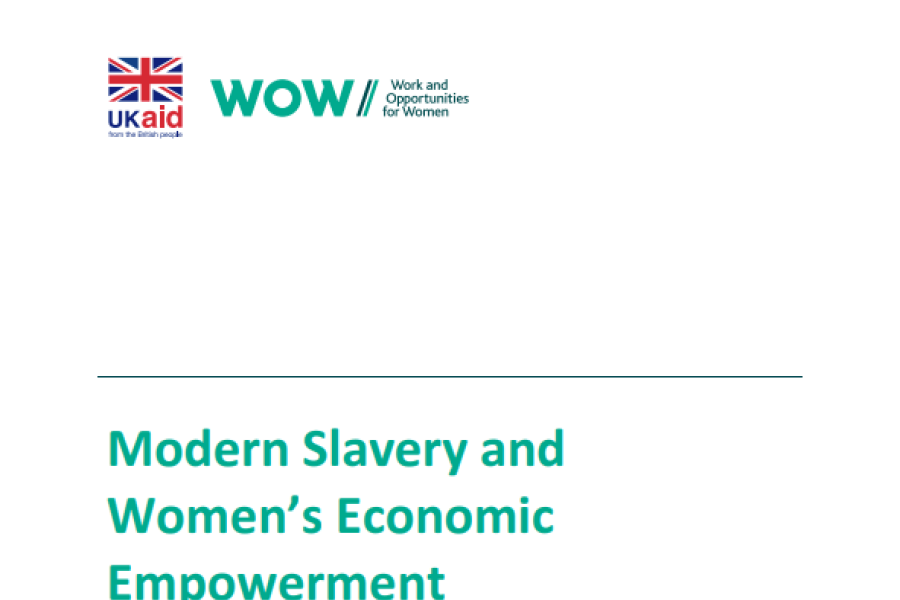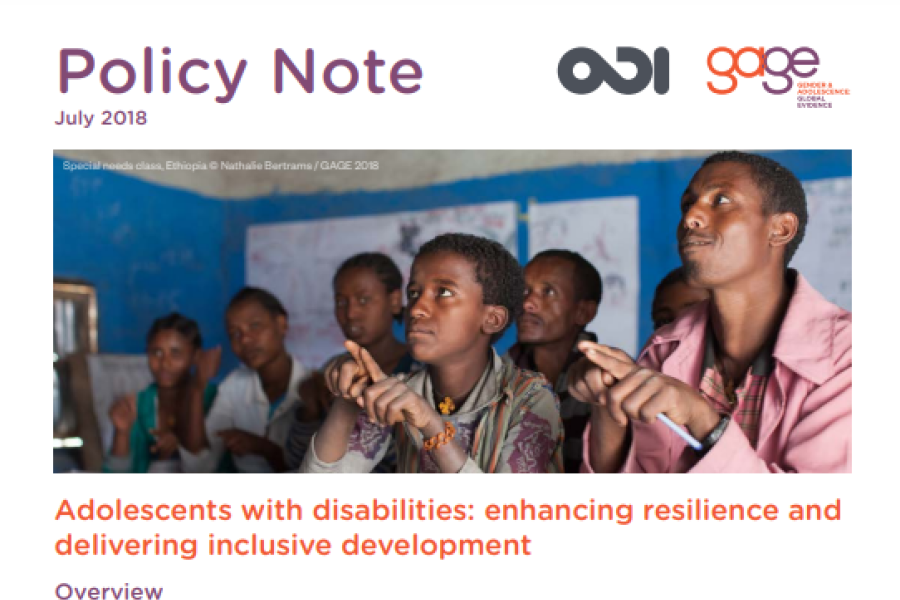Resource library: Promoting legal and policy changes

Welcome to our comprehensive resource collection dedicated to promoting legal and policy changes.
Here, you'll find a diverse range of resources aimed at supporting the design and implementation of inclusive legal and policy reforms that promote the rights and safety of all individuals. Laws and policies have a wide-ranging impact on people’s individual and collective lives, including their quality of life, ability to exercise their rights, and their access to services. Unfortunately, legal frameworks can mirror and perpetuate patterns of discrimination that exist in everyday life, limiting the people and groups who already experience discrimination. For instance, LGBT+ individuals and couples, people with disabilities, survivors of sexual violence, widows or divorced women, or girls who leave school early due to pregnancy, are likely to encounter social and economic exclusion due to restrictive policies or legislation based on their background or identity.
Efforts to challenge discriminatory policies and legislation, whether undertaken individually or collectively, can be fraught with risks, especially for reformers already experiencing discrimination. This includes women human rights defenders and LGBT+ organisations, among others.

